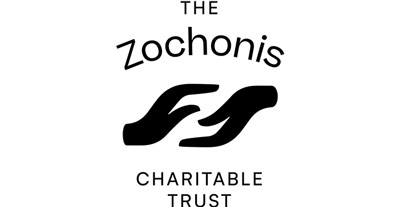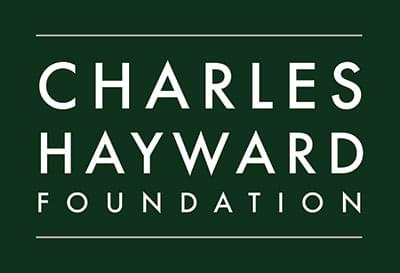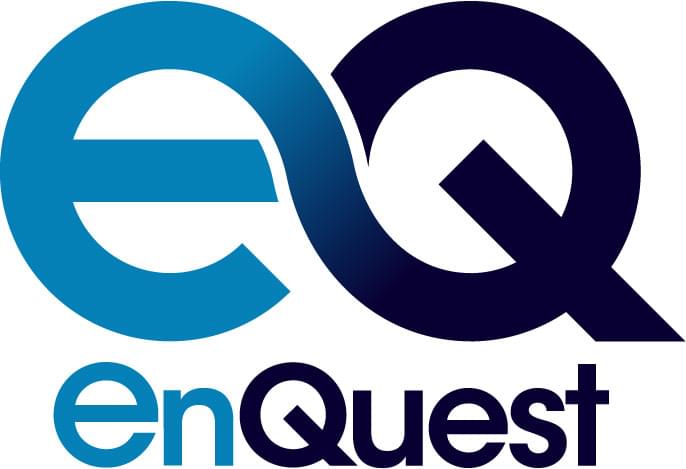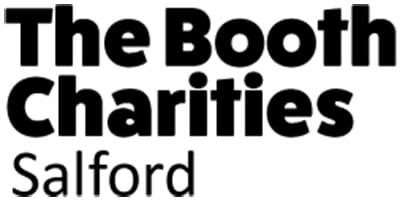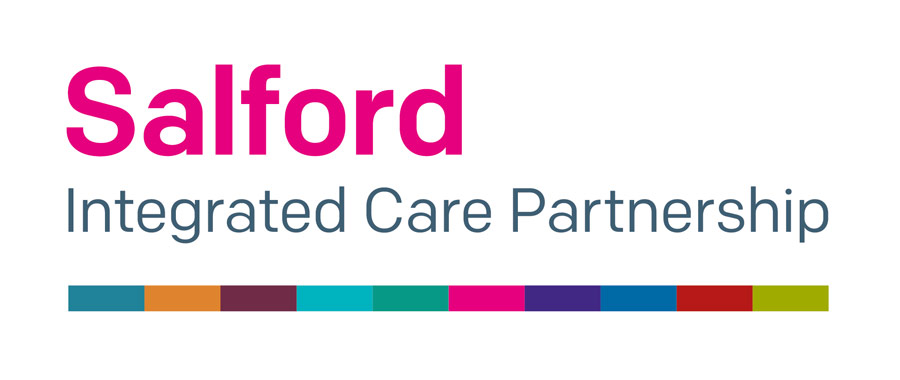Institutional abuse is described in many different ways by many different people, organisations, governments and institutions themselves. In March 2015, the Independent Inquiry into Child Sexual Abuse in Institutions, which became known as IICSA, was set up under the Inquires Act 2005, because of serious concerns that some institutions had failed and were continuing to fail in protecting children from sexual abuse.
During the 8 years the inquiry was open, 1000s of victims/survivors were spoken with and invited to share their truth, with 1 in 10 individuals sharing their experiences for the very first time; and hundreds of professionals and representative of institutions were invited to evidence to the various inquiry panels.
The inquiry found that the ‘institutions’ where the abuse took place were many and that outside of the family home, schools was the most frequently reported location.

Whilst throughout the inquiry, a number of reports were published, in October 2022 the final and concluding IICSA Report was published which contained a summary of the Inquiry and a made a number of recommendations. You can see the report if you click here.
Whilst the final report was published in October 2022, in November 2022 a research summary report on the victims and survivors experiences of child sexual abuse in institutions in England and Wales was published. Click here to download “I Will Be Heard” Report.
The IICSA website can be accessed by going to www.iicsa.org.uk.
Here at We Are Survivors, we see institutional abuse as:
- abuse that takes place within an institution
- abuse that takes place by a person directly connected to an institution where the person met the victim/survivor
- abuse that takes place then contained within the institution or hidden from external authorities
and the institutions that the victims/survivors that come to get support from us with regards to the abuse they have experienced at some point in their lives includes Church, Mosque, Synagogue and other faith based settings; care homes and within a foster care setting; Schools and education settings; Sports Clubs, whether that is a local Leisure Centre or more formal professional organisations such as Football Clubs, Gymnastics or Swimming Clubs; and Prison and secure settings. We’re confident in saying that no institution is immune from the risk of abuse, but we’re also confident in saying that many organisations and institutions have been and are now working hard to protect children and those adults with vulnerabilities from harm.
But the work that institutions are doing now should never take away from the failings to protect that have happened to every single victim/survivor of institutional abuse.
Survivors often talk about how the anger they feel not only of the abuse itself, but of the failing of the institution to protect them or deny them. An Institution can feel like a faceless entity with many moving parts and structures, and sometimes can have an identified representative of the entity that can be the gatekeeper to wider discussion and action. It’s this dynamic that victims/survivors of institutional abuse experience that others don’t and why it can be complex in unpicking for the survivor.
Healing Through Community
We Are Survivors and Greater Manchester Rape Crisis have come together to look at the issue of institutional abuse and, working with Bishop John and the team at The Diocese of Salford we have created a project specifically for individuals who have experienced abuse in the Church or where their faith is an important part of their healing.
Together we have created a vision and mission statement aligned with the mutually shared values. These goals will allow us to work more closely as the partnership develops.
Joint Vision
Work together in partnership to nurture healing through SAFE communities
Joint Mission
To provide tools and facilitate safe spaces that enable survivors to empower themselves to positively grow, cope and recover from unwanted experiences.
Mutually Shared Values
- We believe in offering respect and compassion to all
- We will treat all with dignity and acceptance
- We hear and engage with the voices of all
- We will make every effort to put our words into positive actions for all
Survivors can access all of our services by contacting us directly (or for females, contact Greater Manchester Rape Crisis on 0161 273 4500) or by contacting the Diocese of Salford Safeguarding Office on 0161 817 2206










